The digital economy (e.g. online shopping) is growing rapidly - already £50bn in 2016 - which is radically transforming the high street. It is estimated that approximately 220,000 vans are operating in London on a typical weekday with approximately 5% (11,000) engaged in parcel collection and delivery. With new `try before you by' clothing services such as ASOS and Amazon Prime Wardrobe, where any number of clothing items can be ordered for home delivery, and returned 'for free', the true environmental costs are spiraling out of control. Freight transport already accounts for 16% of all motorised road vehicle activity in British towns and cities, typically burning fossil fuels and accounting for 23%, 36% and 39% of total road-based CO2, NOx and PM10 emissions respectively, In response, this project looks at how digital technology can be designed to empower couriers to fight unfairness, challenge unfair models and algorithms in platform courier work, and develop new models that put fairness and sustainability at the core. FlipGig (2019-2021) received funding from the UK Engineering and Physical Sciences Research Council (EPSRC) under grant agreement no. EP/S027726/1.
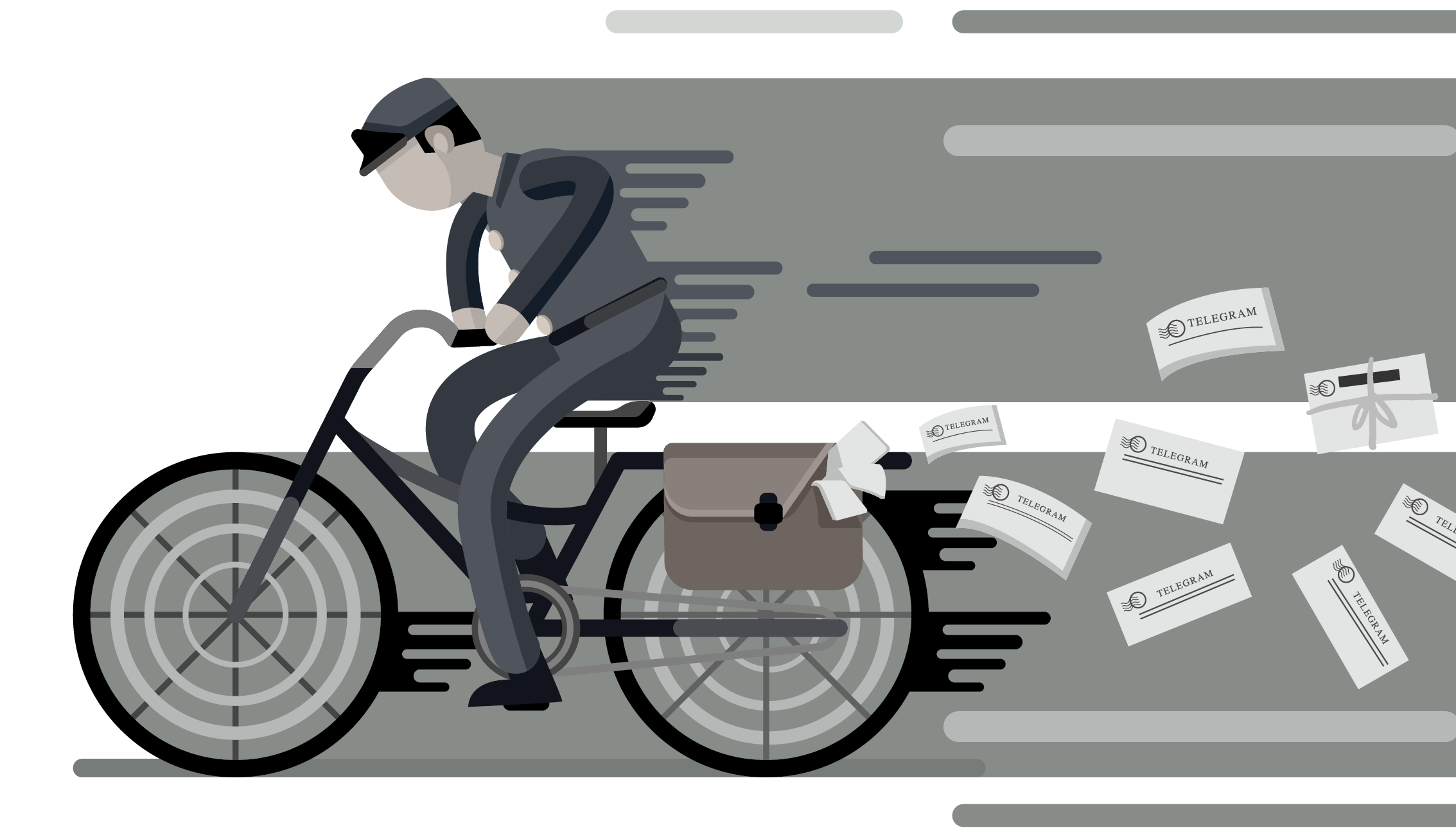
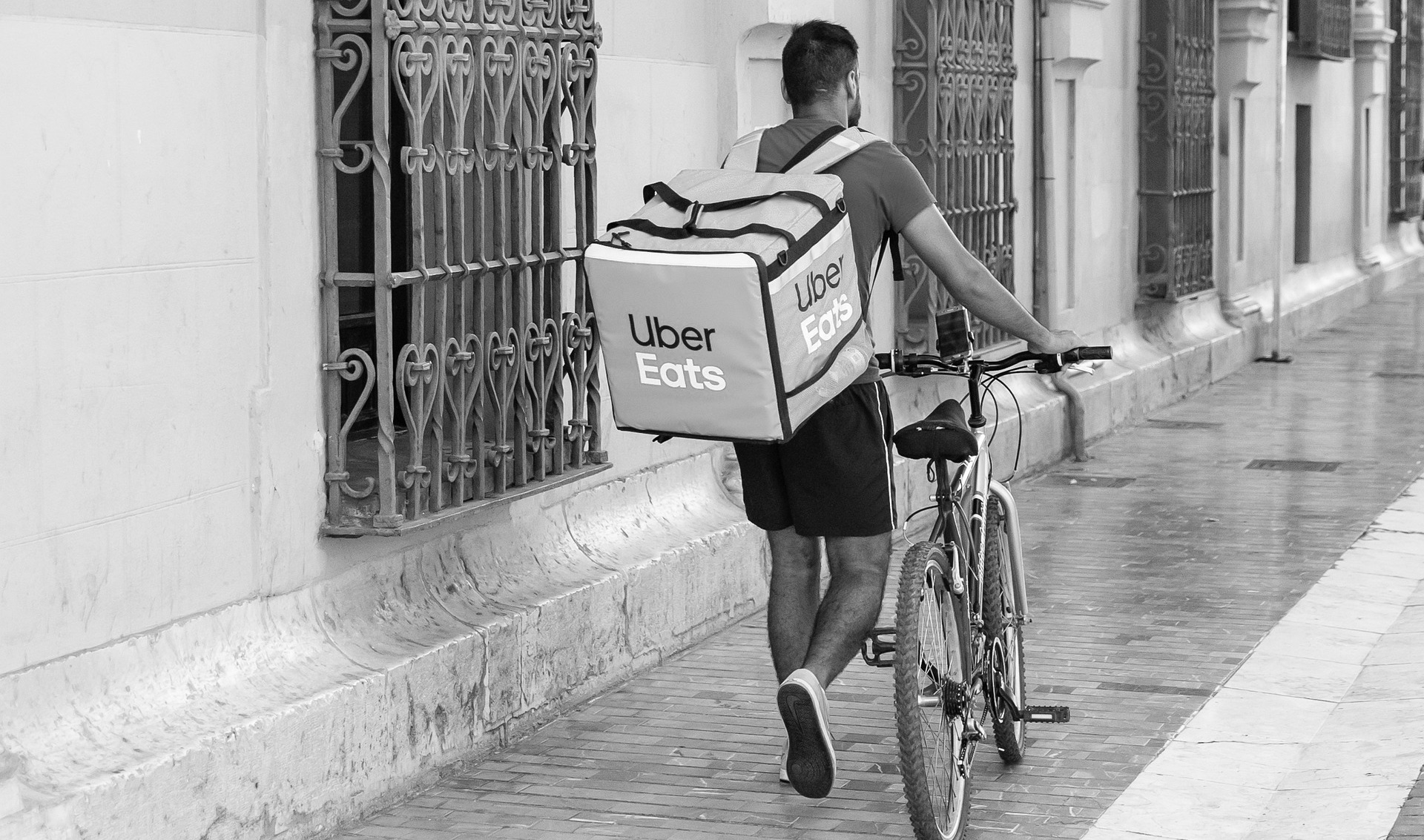
Investigate current gig economy practices and technology interaction and biases using the parcel and food delivery sectors

Expose the inefficiencies and inequities arising from current ad-hoc last-mile service provision and algorithmic approaches
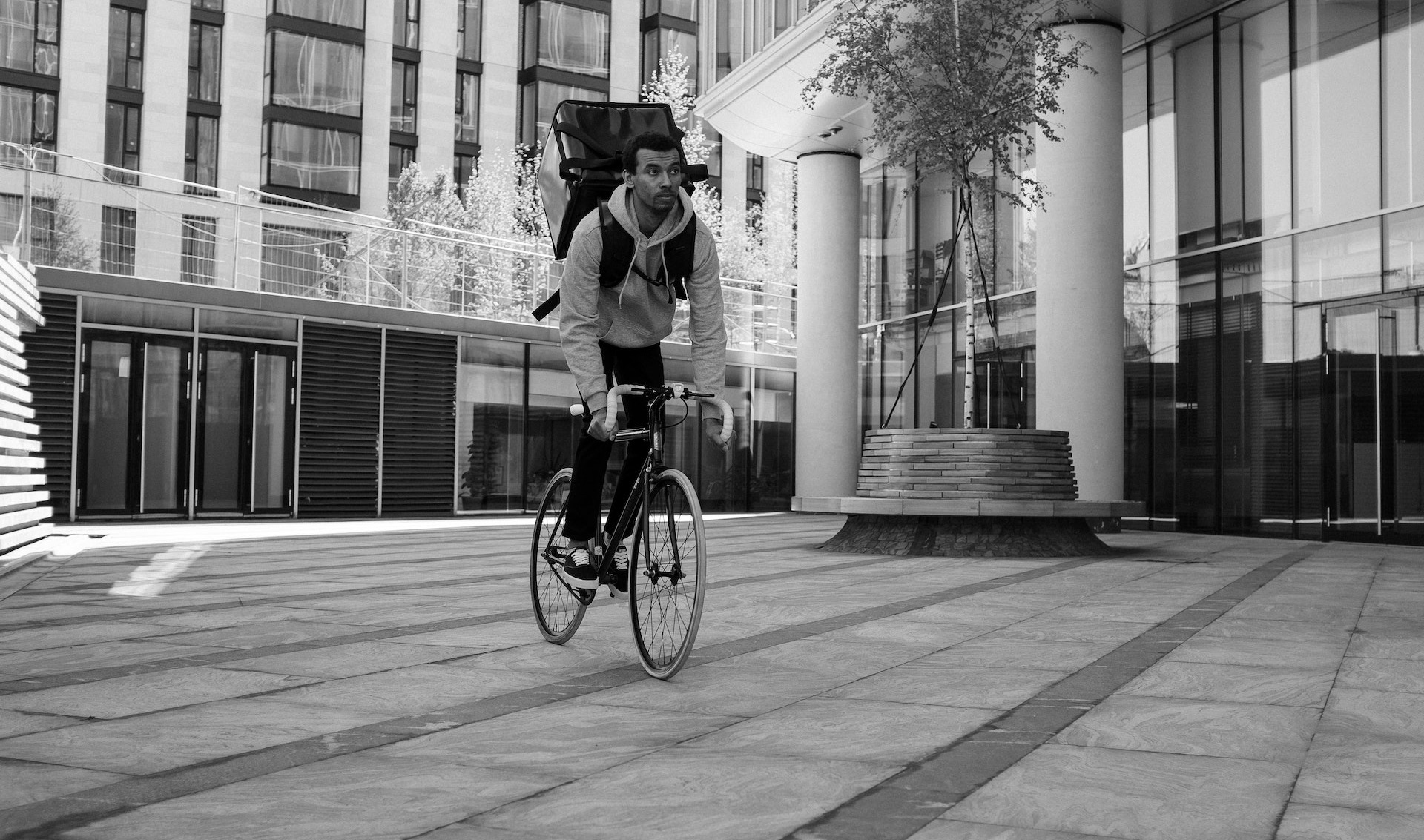
Develop new algorithms and dynamic models for allowing couriers to collaborate in new ways to encourage sustainable 'multi-modal' delivery and collection

Create new algorithms and interaction designs (HCI/UX) that empower gig economy couriers, rather than focusing on efficiency and profit. To better meet working preferences and personal circumstances; matching these more efficiently to work location and availability, the use of sustainable modes of transport
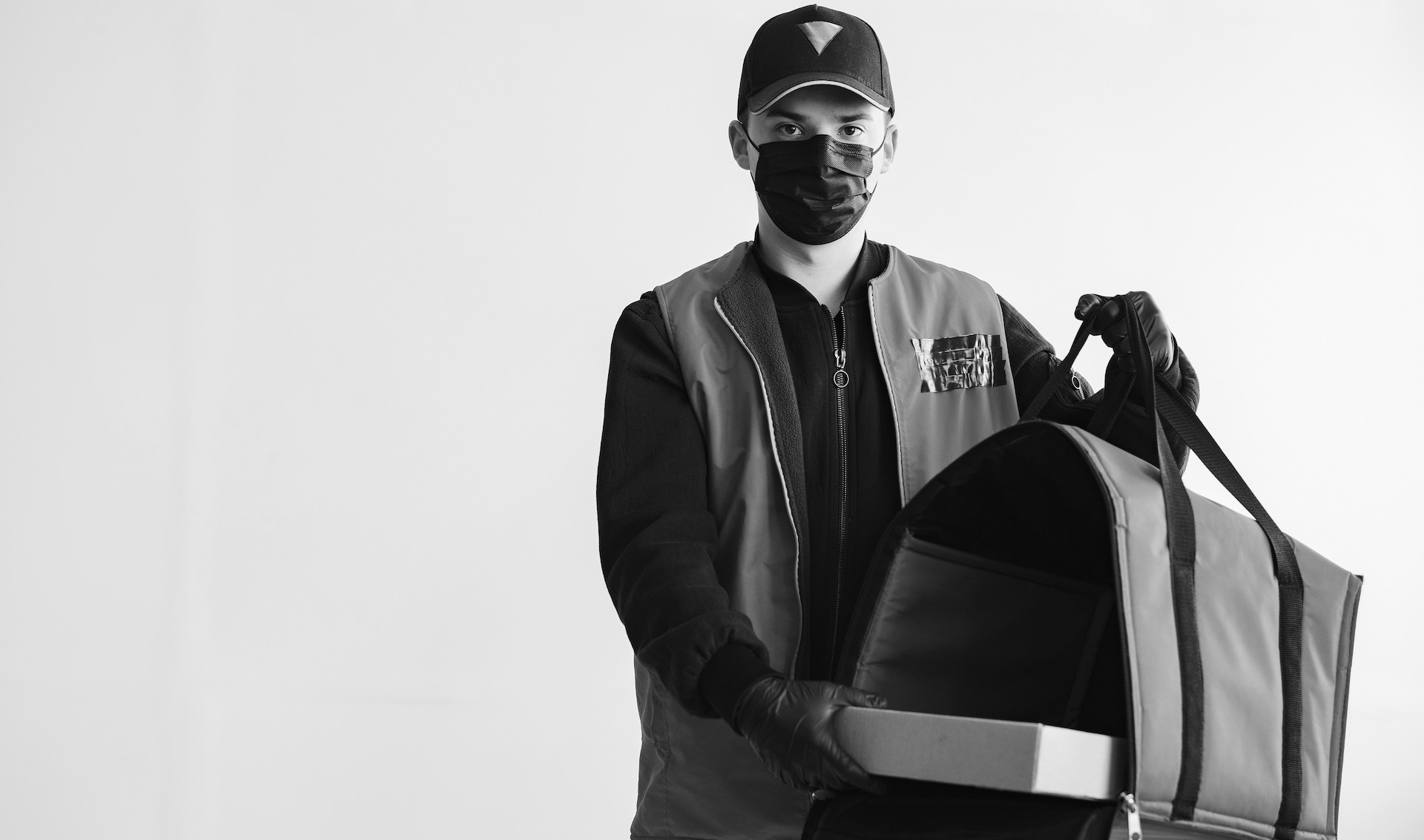
Explore how we can enable end-to-end trusted relationships between stakeholders and practices between consignors and consignees
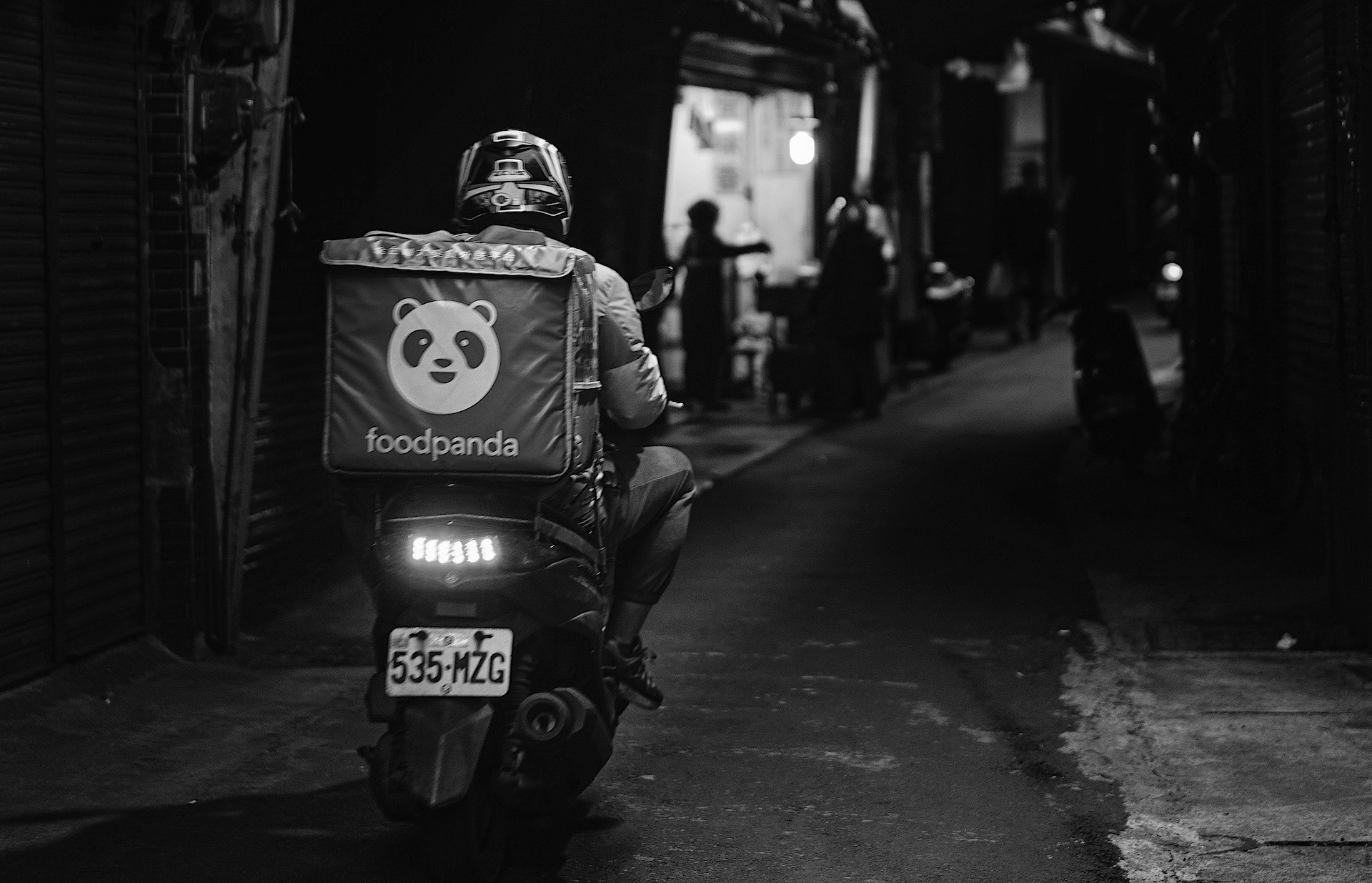
Use simulation, modelling, and trials to evaluate the potential impact and uncover barriers to adoption of the fairer, more sustainable models at scale.
Adrian Friday, Oliver Bates and Carolynne Lord School of Computing and Communications, Lancaster University
Tom Cherrett, Fraser McLeod and Andy Oakey Transportation Research Group, University of Southampton
Antonio Martinez-Sykora, Southampton Business School, University of Southampton

In collaboration with partners Gnewt (by Menzies Distribution), Transport for London, and Miralis Data.



FlipGig has collaborated on fieldwork with the pilot project Switch-Gig funded by the EPSRC Network+ Not-Equal (EP/R044929/1).

Slides from the knowledge exchange event held in London 29th April 2022, highlighting key lessons from the project. Summary notes are also available (PDF).
There were also posters on the meal deal 'gig worker experience' game, micro-consolidation and sustainable last mile delivery at different city/town scales, and the remote methods we've used to engage with gig workers during the COVID pandemic (in Edinburgh, and critical incident technique (CIT))
Briefing note (PDF), consolidated notes for platforms, logistics, cities and other gig work stakeholders.
[White paper, PDF]
McLeod, F. and T. Cherrett. Briefing note (slides), reuse of public assets for micro-consolidation enabling more sustainable last mile deliveries.
[Slides, PDF]
Bates O, Lord C, Alter H, Friday A, Kirman B. Lessons From One Future of Work: Opportunities to Flip the Gig Economy. IEEE Pervasive Computing 2021.
[Paper]
Subasi Ö , Fedosov A, Bates O. Mapping the Landscape of Sharing and Cooperativism for Design Research and Practice. Becoming a Platform in Europe. Chapter 13. October 2021.
[Chapter]
Bates O, Lord C, Alter H, Kirman B. Let's start talking the walk: Capturing and reflecting on our limits when working with gig economy workers. LIMITS2020 - In Proceedings of the 7th International Conference on ICT for Sustainability 2020 Jun 21 (pp. 227-235).
[Paper] [5 min Video Presentation]
Subasi Ö , Fedosov A, Bates O, Lampinen A, Light A. Sharing & Cooperativism: Designing For Economies. NordiCHI '20 - Proceedings of the 11th Nordic Conference on Human-Computer Interaction. October 2020.
[Paper]
Lord, C, Bates, O, Friday, A, McLeod, F, Oakey, A, Cherrett, T & Martinez-Sykkora, A. Written evidence submitted by the FlipGig project. Call for Evidence submission to the Department of Business, Energy and Industrial Strategy (BEIS). The impact of Coronavirus on businesses and workers. April 2020.
[Written Evidence]
Bates O, Remy C, Nash C, Kirman B. The future of techno-disruption in gig economy workforces: challenging the dialogue with fictional abstracts. InProceedings of the Halfway to the Future Symposium 2019 2019 Nov 19 (pp. 1-4).
[Paper]
Digital Worker Inquiry - October 28-29, 2021.
Oliver was an event co-organiser and hosted a panel on Technical and Ethical Challenges: Building with Worker Data. The panelists were Saiph Savage (Northeastern University, Civic AI Lab), Angelika Strohmayer (Northumbria University), Josh Hughes (Trilateral Research), Jenny Andrew - (CSP Union & DAMA UK), Danny Spitzberg (Turning Basin Labs), Rich Gall (UTAW) and Adrian Friday (Lancaster University).
Interview: Dr Oliver Bates, People: Horizons - The Gig Economy, Summer 2021.
Oliver was interviewed on speculative and futures thinking about gig economy and the impact on UK defence for the POTRA Summer 2021 Newsletter.
[Newsletter]
Academics are trying to fix the last mile gig economy, WIRED, September 2021.
Carolynne and Oliver were interviewed on opportunities for the future of delivery gig work.
[Article]
Decarbonising the Last-Mile - Adrian Friday - ITS UK Freight Forum Event on Decarboniseing the Last-Mile, October 2021
[Slides]
Designing tools with workers to challenge surveillance practices in future of work platforms - Oliver Bates, Security Lancaster Surveillance Conversations, October 2021.
This event brought together Lancaster University's interdisciplinary academics working on projects that relate to technology and surveillance.
[Slides]
Behind the App: perspectives on fairness and sustainability form the gig economy - Adrian Friday, Uppsala University, September 2021.
[Slides]
Where can HCI utilise feminist methodologies and theories to help challenge exploitation, disruptive platforms and gender biases in the future of gig economy work? - Oliver Bates, Methods, Theories, and Taking Action through Gender and Feminisms in HCI, September 2021.
[Slides]